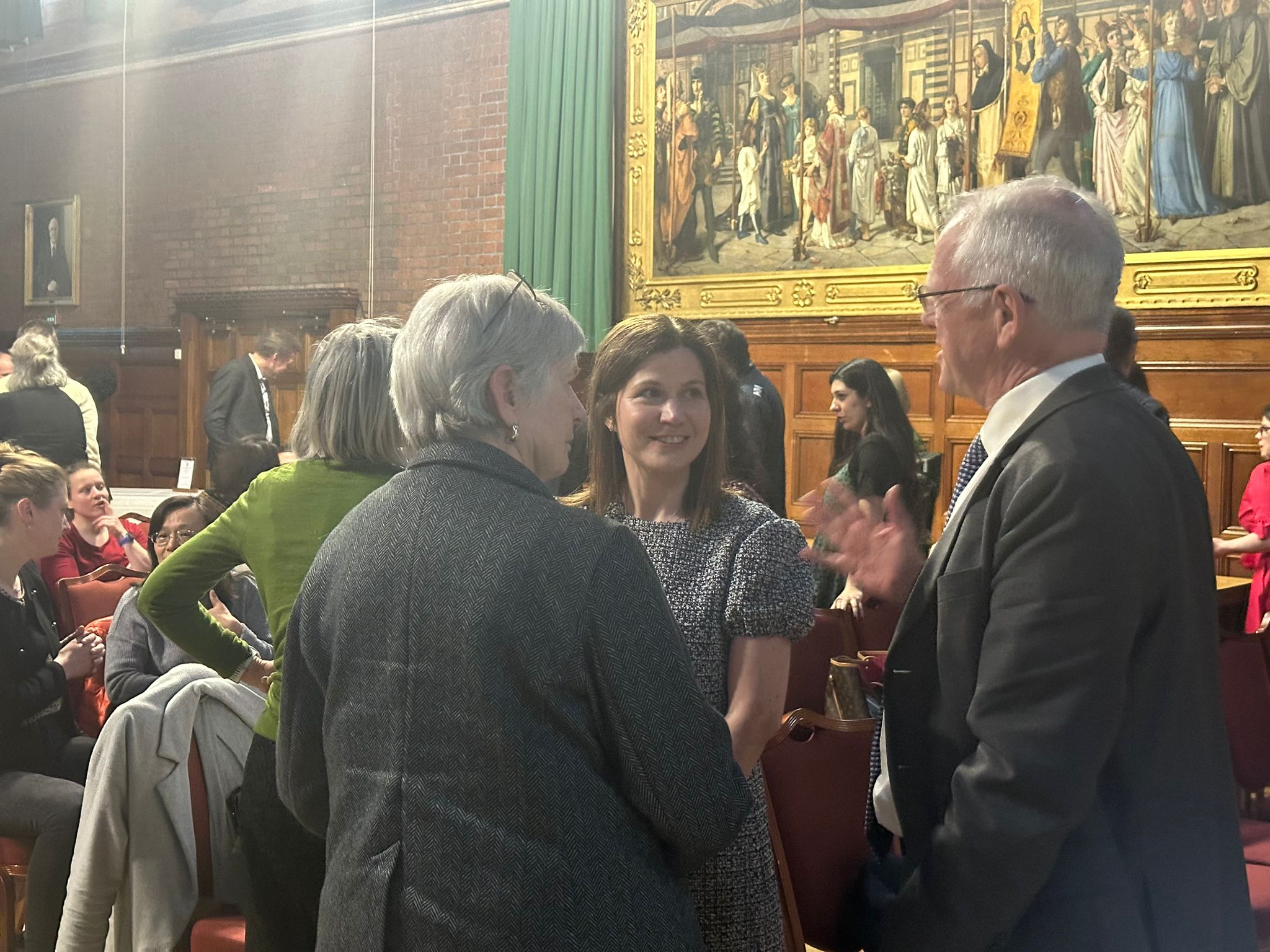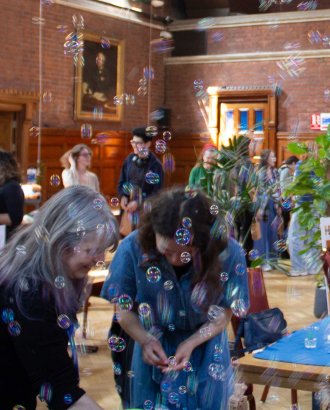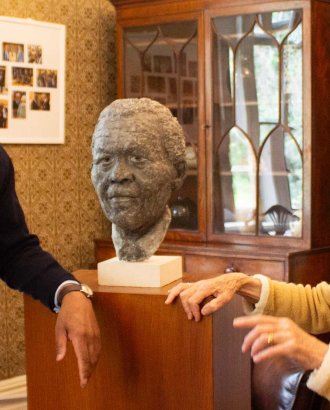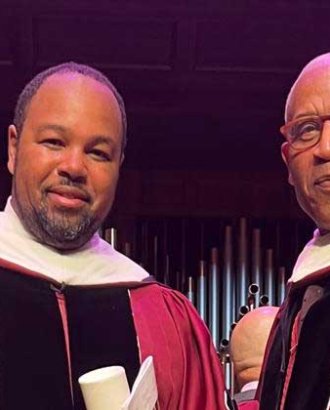In her lecture at Homerton College, Professor Joanne McPeake shed light on the often-overlooked aftermath of intensive care—Post Intensive Care Syndrome (PICS)—highlighting a critical gap in healthcare that affects a quarter of ICU survivors with unplanned readmissions within 90 days of discharge. McPeake, a pioneer in nursing and critical care research, discussed her innovative strategies aimed at integrating health and social care to mitigate these challenges before patients leave the hospital.
Drawing on the medical history of Glasgow Royal Infirmary, where antiseptic surgery and the first medical uses of radiography were pioneered, McPeake emphasised the importance of historical innovations in shaping modern critical care practices. Her lecture stressed the value of interdisciplinary collaboration in advancing current healthcare methodologies.
The professor's work, which earned her team the BMJ Team of the Year award in 2016, involves developing interventions that significantly improve patient outcomes. These initiatives promote a compassionate approach to healthcare, urging professionals to see beyond immediate clinical needs and consider long-term recovery strategies.
McPeake also addressed the exacerbation of socioeconomic disparities during the COVID-19 pandemic, noting the uneven recovery rates among ICU survivors. This part of her discussion highlighted the broader implications of her research on global health policies, emphasizing the need for a healthcare system that supports all segments of society, especially the most vulnerable.
The lecture concluded with remarks from Homerton College Principal Lord Simon Woolley, who reflected on the transformative power of education in critical care and beyond. “I wanted to transform the educational space to have those conversations in which young men and women come here and with a bit of luck, with a bit of inspiration, a pain drops. For them to think about themselves, not just about them, but about they might do, and how they may do extraordinary things in the world,” he said, stressing the potential of each individual to effect significant change.
Professor McPeake's lecture not only brought to light the challenges faced by ICU survivors but also charted a course for future healthcare innovations, proving to be a vital forum for inspiring change and fostering a new generation of healthcare leaders.





